Conversational artificial intelligence is surrounded by a lot of hype and promise. The seeds of these great expectations were sown in the 60’s by Star Trek (1966) and 2001: A Space Odyssey (1968). We all want to ask the computer to help us with almost any imaginable task just like they do on TV and in the movies. Think back to the first time you talked to Alexa or Siri or Google Assistant. You were hoping for “HAL” like human conversations and maybe a little afraid of falling in love as Theodore Twombly (Joaquin Phoenix), does in “Her.” But then reality smacked you in the face (cue the sound of a car crash.)
Conversational AI’s roller coaster ride
As the Nielsen and Norman Group aptly point out “people are learning that ‘intelligent’ assistants are actually not that smart, ” they also note that “{people} simply avoid usability agony by limiting their use to a subset of simple features.” Yup – I think that sums it up pretty well. Siri, Alexa and Google Assistant are pretty good at simple tasks, but falling in love? Not gonna happen.
So why is the reality so far from our expectations? To be blunt, (as with human relationships that just did not work out) it’s because they just cannot understand us. Why is it that IBM’s AI Watson can defeat top Jeopardy! players, but for the clue 'What do grasshoppers eat,' Watson answered: 'Kosher.' And as Gregory Barber of Wired points out, while we’ve made great of progress in AI image recognition, “understanding language…has proved elusive.”
But this is beginning to change, as we saw at this year’s Google I/O conference, where Google demonstrated a flawless Google Assistant booking an appointment at a hair salon, and then making a restaurant reservation. The humans on the other end of the call had no idea they were talking to a chatbot. But, and there is a big but, Google explained that this was only possible because the scope of the problem was narrow and the training was intensive. Google noted that Google Assistant was not ready to “carry out general conversations.”
So, through daily experience, people have had their expectations surrounding virtual assistants reset. We’ve learned to converse only around simple tasks. I call this hitting rock bottom. The good news is, that just like when a roller coaster hits bottom, we are now starting the long expected ride up to the top, where the fun can really begin.
In the next post, we will take a look at how cutting edge technologies are enabling machines to understand us better and why the hype around virtual assistants will eventually meet our expectations.

